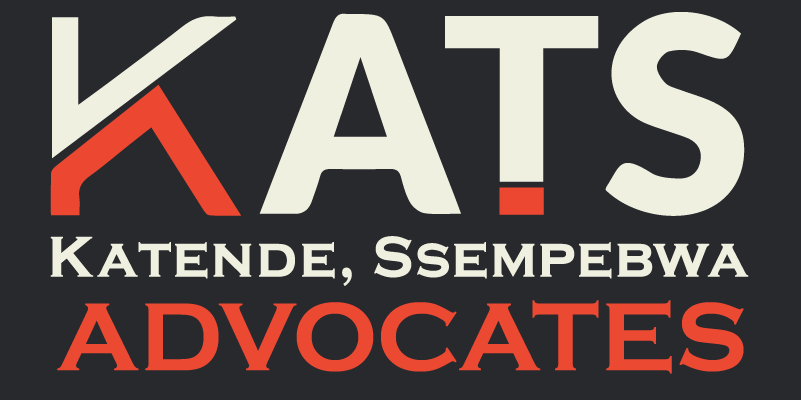Prof. Ssempebwa involved in another landmark case
By: Edwin M. Mugumya
Over the years, one of our Senior and Founding Partners, Prof. Frederick Edward Ssempebwa (SC) has gained national renown for his contributions to the development of the Constitutional jurisprudence of Uganda.
The first time was in 1986, when he instituted the case of Edward Frederick Ssempebwa v Attorney General (High Court Case No. 1 of 1986) in which he sought to challenge the legality of Legal Notice No. 1 of 1986, as amended by Legal Notice No. 6 of 1986. This was one of the very first cases where a court ruled against a sitting president and declared a legislation which he had signed into law, null and void. It sent a very strong signal to the whole country that the Rule of Law had returned and that courts could provide justice.
In another landmark decision of the Supreme Court, delivered on the 26th June, 2019, Professor Edward Frederick Ssempebwa, together with Prof. Frederick Juuko and Kituo Cha Katiba successfully sued the Attorney General of Uganda in Civil Application No. 5 of 2019. They moved the Court to find that the Attorney General was personally in contempt of Court, by failing to table Electoral reforms within a period of two years, as had been directed by the Supreme Court in the case of Amama Mbabazi v Y.K. Museveni & Electoral Commission (Presidential Election Petition No. 1 of 2016).
This was the first attempt to cite a public officer for civil contempt in Uganda, yet it has been done on multiple occasions in other jurisdictions such as, the Republic of South Africa. It is a new venture that is adding value to Uganda’s jurisprudence. Although, ultimately, the Attorney General was not condemned for contempt as such, there was a clear recognition that he had not complied with the Court’s Orders. The case carries a good discourse over the essence of civil contempt and how this may be proved.
The orders which had been made by the Supreme Court in the case of Amama Mbabazi v Y.K. Museveni & Electoral Commission included: reviewing the time for holding fresh elections in case a presidential election was nullified, increasing the time for determining and evaluating evidence in Presidential election petition from 30 days to 45 days, extending the time of filing presidential election petitions from 10 to 15 days and the use of use of oral evidence alongside affidavits, which had not been the case previously.
The panel of seven Justices of the Supreme Court ruled that, the Attorney General had made some effort to ensure that the Court’s directives on electoral reforms were followed, but that these were inadequate.
The Court further ordered that:
(a) the proposed legislation for implementation of the court’s recommendations should be laid before Parliament within one month from the date of delivering the ruling;
(b) the Attorney General must ensure consultation with other organs of the State, to ensure that priority is given to the implementation of all the Court’s earlier electoral reform recommendations;
(c) the Attorney General reports to the Court on the progress of the proposed legislation within three months from the date of the ruling;
(d) the Attorney General makes a Report to Court over final compliance with the Orders in the Amama Mbabazi v Y.K. Museveni & Electoral Commission petition within six months of the Ruling.
For more information, please contact Edwin Mugumya.
